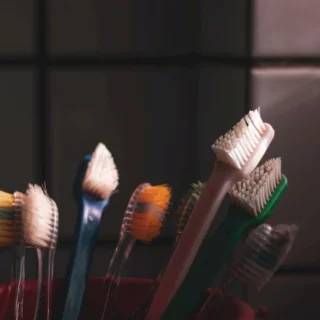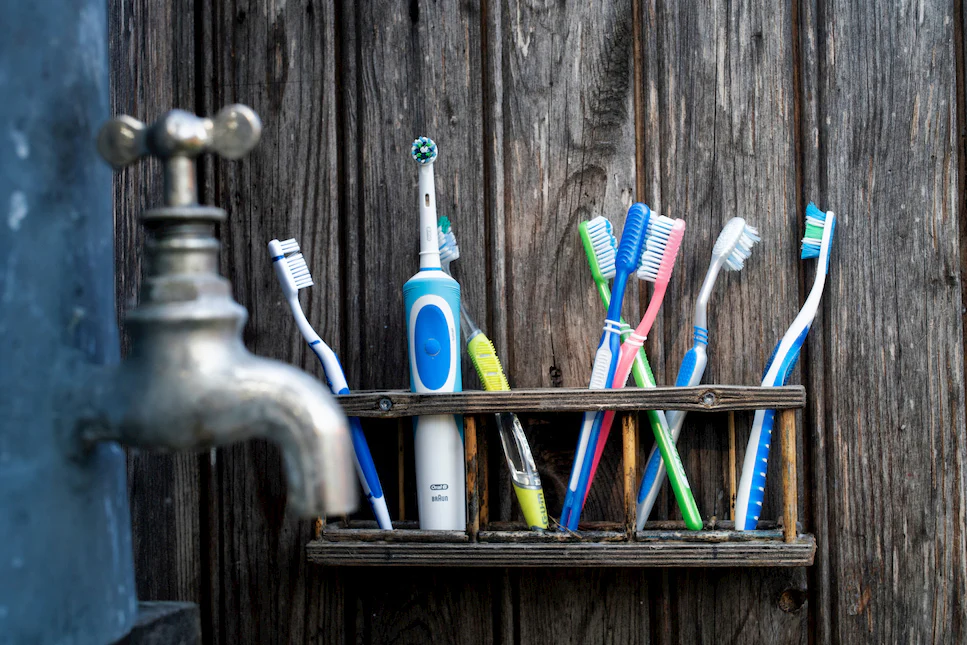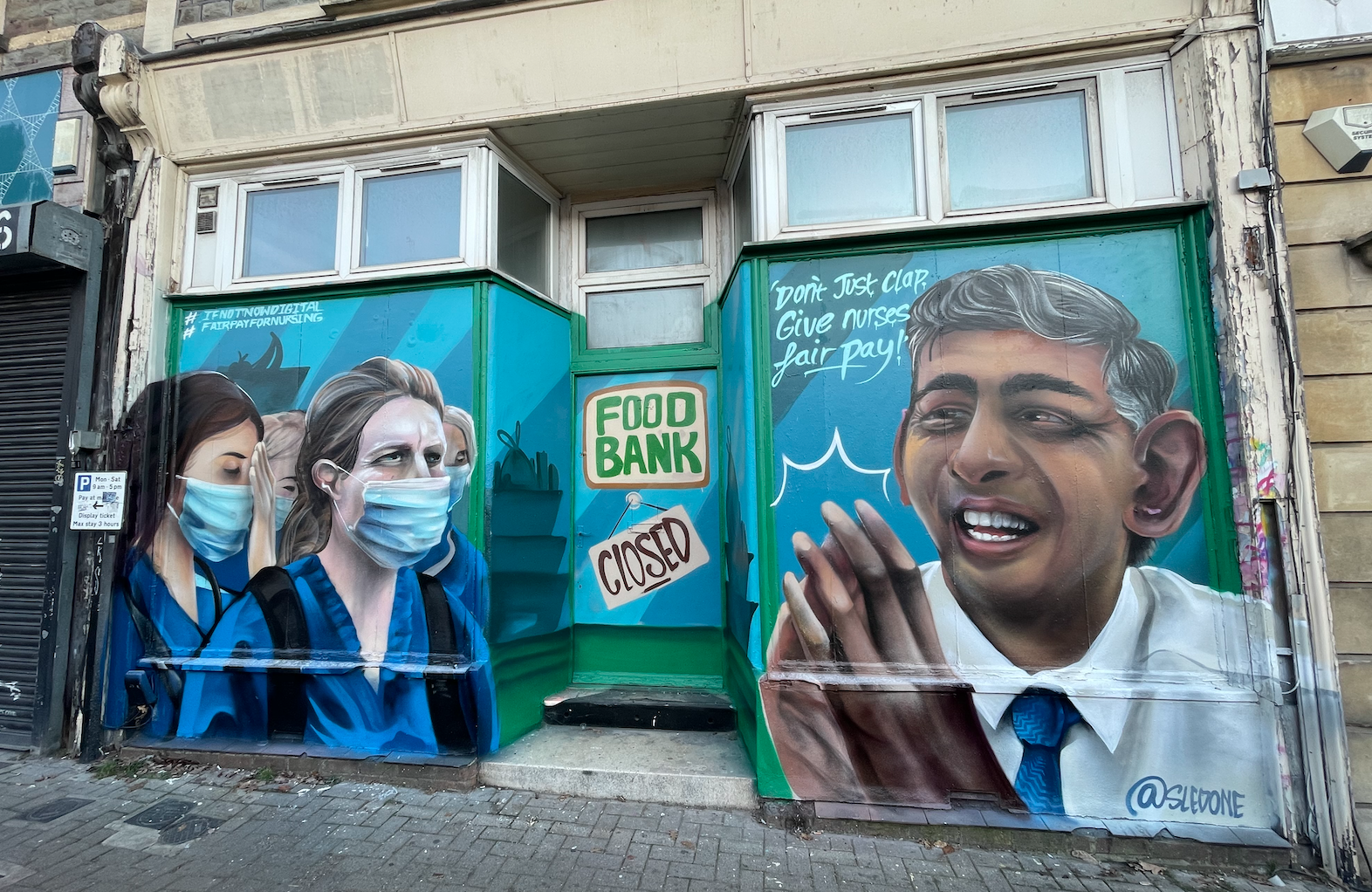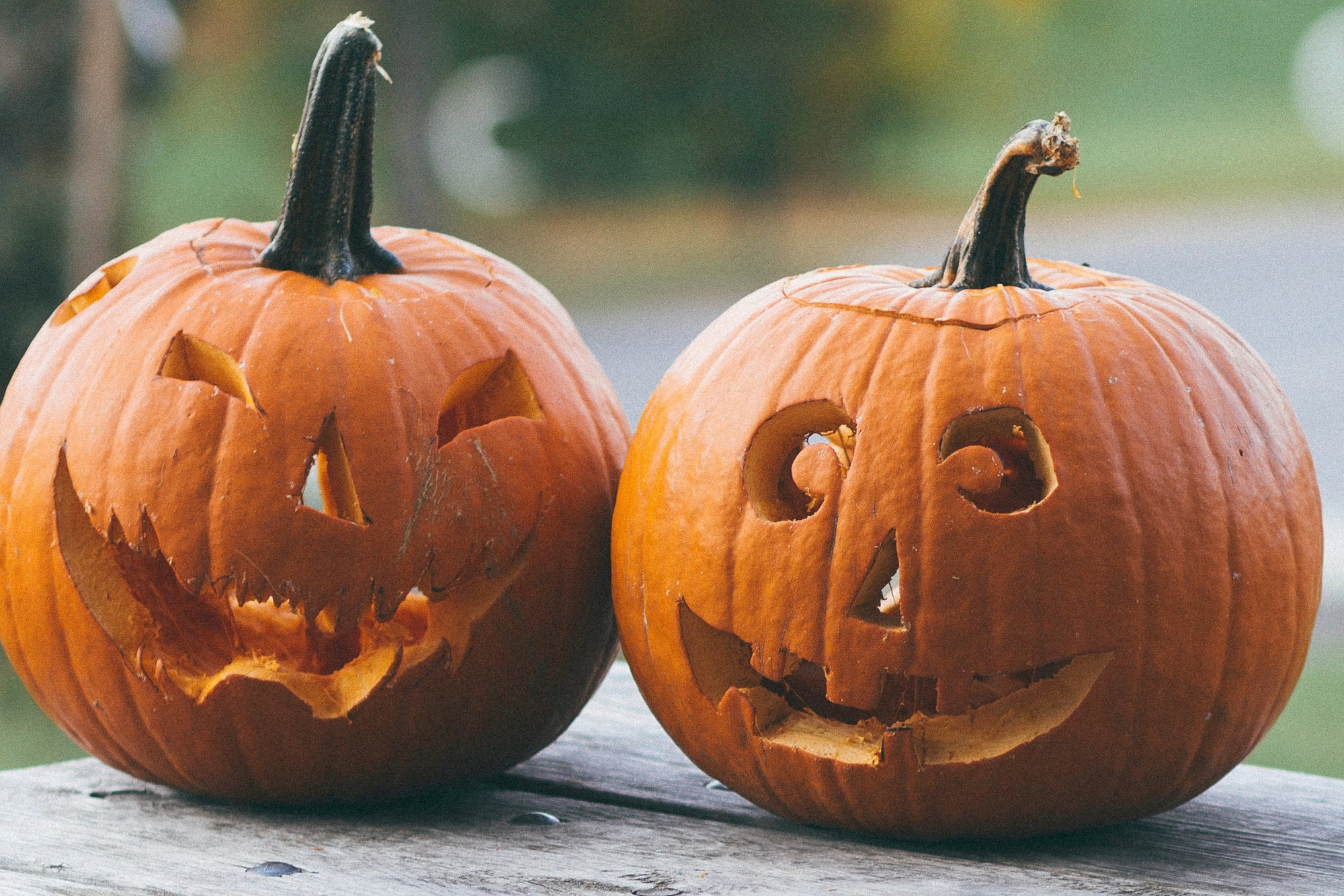This website uses cookies so that we can provide you with the best user experience possible. Cookie information is stored in your browser and performs functions such as recognising you when you return to our website and helping our team to understand which sections of the website you find most interesting and useful.

How to stop your old toothbrush ending up in landfill
November 16, 2020The 3.6B plastic toothbrushes used worldwide each year are a major contributor to the enormous amount of plastic in our oceans and in the ground. The main reason toothbrushes are causing so much environmental damage is because there is still no easy way for people to recycle them at home.
Most of us recognise the need for more individual responsibility in recycling, but try to put toothbrushes in your regular household recycling bin and they will simply be rejected. With millions of tonnes of plastic entering the environment every year, transforming the economy in a sustainable way has become an absolute necessity. So how can it be so difficult to responsibly dispose of a plastic item that we all use every day? Read on to find out, and to learn how you can ensure your toothbrush doesn’t end up in landfill.
Impossible-to-separate components
While the materials used to manufacture most plastic toothbrushes can be recycled in their own right, problems arise when they are combined. A brush’s components need to be sturdy and remain in their place under the stress that twice-daily use puts them. Unfortunately for the environment, this makes it extremely difficult to separate all the different materials.
Brush handles are typically made from injection-moulded plastics like polypropylene and bristles from plastics like nylon (or polyester in the case of Floe’s specialist Curaprox brushes). Add in unnecessary components such as rubber grips, and we can see how toothbrushes are a mix of various composite materials.
With most standard recycling facilities lacking the ability to properly deconstruct toothbrushes, the sad alternative for most people is to put them in regular household waste. And the same problem is true of many toothpaste tubes and floss containers – which themselves are made of a mix of plastics that are tricky to separate.
Are alternative material brushes the way forward?
Yes and no. Unlike plastic, less conventional toothbrush materials such as bamboo or wood can degrade in the environment, but in most cases the bristles are still made of a plastic like nylon. Chances are, it’ll be just as difficult to separate the plastic from the non-plastic, meaning wood or bamboo brushes aren’t as environmentally friendly as you’d think.
In the case of brushes with non-plastic bristles, for instance those made from boar hair (yes, really!), other problems exist:
- They are rougher and sharper. This makes them potentially more damaging to our gums.
- There are fewer bristles. A wood or bamboo toothbrush head can’t accommodate as many bristles as a plastic one without cracking. Fewer bristles means reduced cleaning coverage.
- They can harbour bacteria. Plastic tends to be pretty bacteria resistant, but most bristles made from natural materials won’t be. Much more care has to be taken in cleaning and storing these brushes.
- They aren’t vegan. Non-plastic bristles are usually made from animal products like the aforementioned boar hair. For people concerned with sustainability, this can be off putting.
The reason toothbrushes have been made from plastic for so long is simply that they work best. Soft plastic bristles are kind to our mouth, remove more plaque and stay clean more easily. More sustainable-sounding alternatives often can’t match this and in many cases still end up polluting the environment.

A sustainable solution with Floe
If the answer isn’t switching to a toothbrush made of different materials, it’s finding a way to recycle your plastic brush outside the confines of household recycling. Floe will do this for you.
Our Curaprox brushes are made of a simple polypropylene handle and head, with 5460 polyester bristles for incredible cleaning power. What makes Floe different is our commitment to sustainable products that can be recycled simply, meaning nothing we send you has to end up in landfill:
- We take your brush away. Every time we deliver your new subscription box, we’ll collect your old brush and send it off to our specialist recycling partners. Unlike most recycling plants, they have the machinery to correctly recycle toothbrushes.
- Our toothpaste tubes are made from natural materials. The tubes that contain our unique Dawn and Dusk pastes are made from sugarcane biopolymers rather than the more standard petroleum. Sugarcane removes CO2 from the atmosphere as it grows, providing a net benefit to the planet.
- Reusable floss containers. Our biodegradable & vegan-friendly bamboo charcoal fibres are delivered in a glass jar – and are the perfect flossing material for removing plaque.
A subscription to Floe is a ticket to a better oral care routine and a guarantee of sustainability. Because we’re just as passionate about being kind to the planet as we are improving your oral health.
Bitesize news direct to your inbox.
Sign up for Bitesize, our monthly newsletter, for the latest dental tips, healthcare news and more, including 25% off your first box



